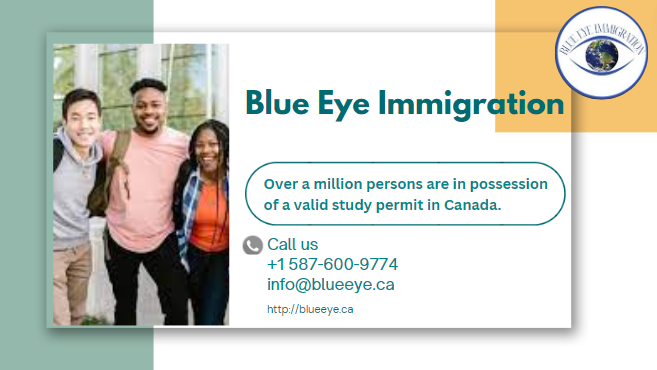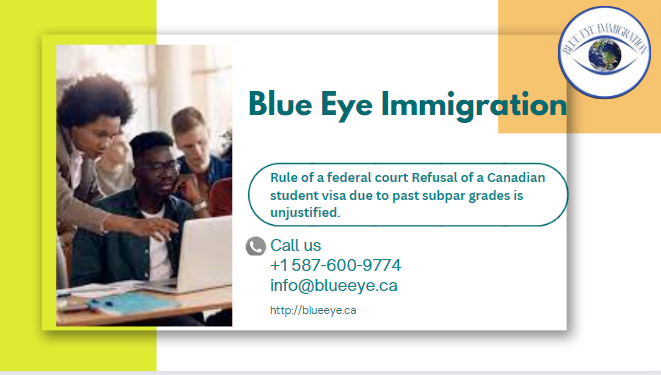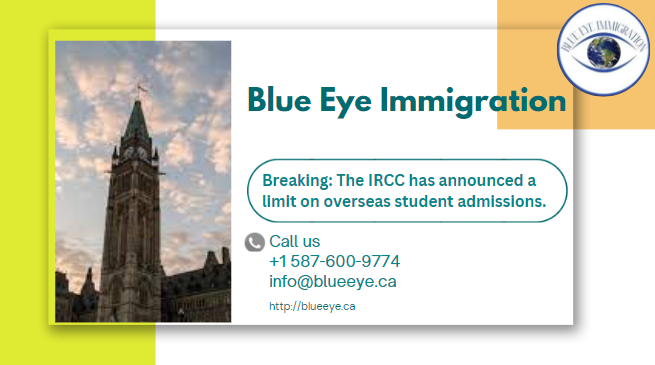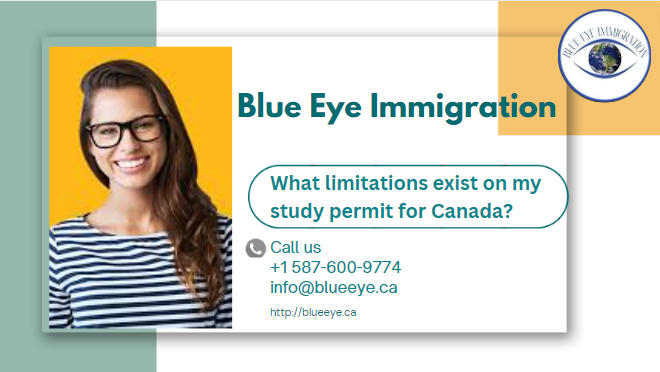The Globe and Mail reports that there are already more than a million overseas students enrolled in Canadian universities.
According to official data from Immigration, Refugees and Citizenship Canada (IRCC), there were 1,028,850 international students studying in Canada as of the end of December, as reported by The Globe and Mail.
Additionally, it said that there were 202,565 foreign students in British Columbia, 117,925 in Quebec, and 526,015 in Ontario. Additionally, these are the provinces having the most quantity of DLIs, or designated learning institutions.
In an interview with CTV news on January 14, Immigration Minister Marc Miller ascribed the number of foreign students to certain provinces’ lax DLI policies. In order to “rein in” the figures, he advised provincial governments to communicate with DLIs.
There were 807,260 foreign students studying in Canada in 2022; the minister predicted last autumn that by the end of 2023, there should be over 900,000 of them. According to The Globe and Mail, by September 2023, 1,015,744 persons have valid study permits for Canada, exceeding the initial figure.
Discussions over capping study licenses for overseas students began last summer. The federal government is under increasing pressure to lower the immigration rate as Canada is struggling to find affordable homes and is overburdened in terms of its healthcare system.
According to the IRCC, restricting admission will improve the integrity of Canada’s system for overseas students. It argues that this is required since some universities have raised the number of overseas students they accept in an effort to boost tuition without providing the essential assistance for the students.
According to the government, the intake cap would better safeguard foreign students from dishonest actors like fraudulent immigration consultants who issue phony letters of admission or universities that take in more international students than they can accommodate by stabilizing new growth.
Canada declares that it will restrict foreign enrollment in 2024.
The minister affirmed on January 22 that just 360,000 study licenses will be issued by the IRCC in 2024.
The limit indicates a projected 35% decrease in the proportion of foreign students enrolled in Canadian universities. Renewing a study permit or enrolling in a master’s, doctoral, or other post-graduate program are exempt from this rule.
Each province will receive a certain number of licenses according to its population. The majority of research licenses will be granted to the provinces with the largest populations. This is a short-term policy that will last for two years.
Other adjustments to Canada’s foreign student program were also announced at the same time as this one. Notably, candidates now need to have a letter of attestation from the province or territory authority where their DLI is located in addition to a letter of acceptance (LOA).
The deadline for provincial and territory administrations to set up a procedure for issuing the letters is March 31, 2024. This is a new phase in the application process for study permits. This implies that until the deadline, it’s possible that no new study permits will be granted in Canada.
Modifications to PGWP approval
Furthermore, for foreign students who are thinking about staying in Canada after their academic program is over under a Post Graduation Work Permit (PGWP), the IRCC has modified some of the qualifying requirements.
PGWPs will no longer be available to students enrolled in courses at private institutions under a curriculum licensing arrangement with a public college.
On the other hand, foreign students will now be entitled to apply for a PGWP if they successfully finish a graduate-level program in Canada that lasts less than eight months, which is the minimum duration required for eligibility.
The spouses of undergraduate students would no longer be qualified for Spousal Open Work Permits, the IRCC recently disclosed. The IRCC declined to comment to CIC News and has not disclosed any more information about this move.



